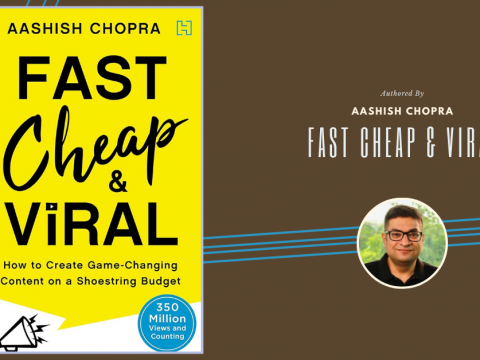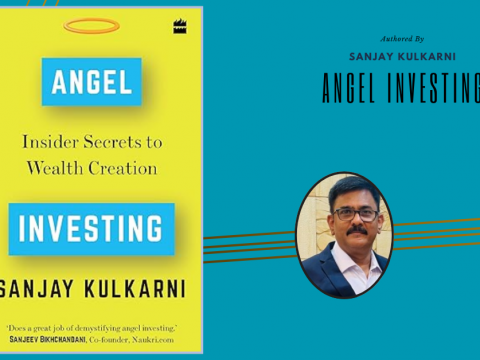- Have any questions?
- [email protected]
Mastering the Mindset of Wealth: An In-Depth Review of “The Psychology of Money” by Morgan Housel

Monday Motivation : Fuel Your Week with Purpose and Positivity
November 4, 2024
Uravu Labs – Leading the Way in Renewable Water Technology
November 8, 2024“The Psychology of Money: Timeless Lessons on Wealth, Greed, and Happiness” by Morgan Housel is a captivating exploration of the complex relationship between psychology and finance, offering timeless lessons on building wealth, managing greed, and finding happiness. In this comprehensive analysis, we will delve into the key insights, anecdotes, and principles presented in Housel’s book, uncovering the psychological factors that influence our financial decisions and behaviors.
1. Understanding the Psychology of Money:
Housel delves into the psychology behind our financial decisions, exploring how emotions, biases, and cognitive errors shape our relationship with money. He discusses common psychological traps that lead to poor financial decisions, such as overconfidence, loss aversion, and the herd mentality. Housel offers practical strategies for overcoming these biases and making more rational and informed financial choices.
2. The Importance of Time and Compounding:
Central to “The Psychology of Money” is the concept of the importance of time and compounding in building wealth. Housel emphasizes the power of patience and long-term thinking in achieving financial success, highlighting how small, consistent actions taken over time can lead to significant wealth accumulation. He offers insights into the mathematics of compounding and the benefits of starting early and staying invested for the long term.
3. The Role of Behavior in Financial Success:
Housel explores the role of behavior in determining financial success, arguing that mindset and behavior are often more important than intelligence or knowledge when it comes to building wealth. He discusses the importance of humility, adaptability, and discipline in managing finances, as well as the value of learning from past mistakes and avoiding destructive behaviors such as greed and overconfidence.
4. The Illusion of Wealth:
Housel challenges the notion that wealth is solely defined by material possessions or financial metrics, arguing that true wealth is more about security, freedom, and peace of mind. He discusses the concept of “hidden wealth” – non-material assets such as relationships, health, and personal fulfillment – and explores how cultivating these aspects of life can lead to greater happiness and fulfillment than pursuing material wealth alone.
5. Managing Risk and Uncertainty:
In “The Psychology of Money,” Housel explores the challenges of managing risk and uncertainty in financial decision-making. He discusses the importance of diversification, resilience, and adaptability in navigating turbulent markets and unpredictable events. Housel offers insights into how understanding and managing risk can help investors build a more robust and resilient financial future.
6. Finding Happiness Beyond Wealth:
Housel concludes by exploring the relationship between wealth and happiness, arguing that while money can provide security and opportunities, true happiness comes from other sources such as relationships, purpose, and personal growth. He encourages readers to redefine their relationship with money and pursue a more balanced and fulfilling life that goes beyond material wealth.
“The Psychology of Money: Timeless Lessons on Wealth, Greed, and Happiness” by Morgan Housel is a thought-provoking and insightful exploration of the psychological factors that influence our financial decisions and behaviors. Through his engaging storytelling, practical advice, and timeless wisdom, Housel offers readers a deeper understanding of the mindset and behaviors that lead to financial success and happiness.





